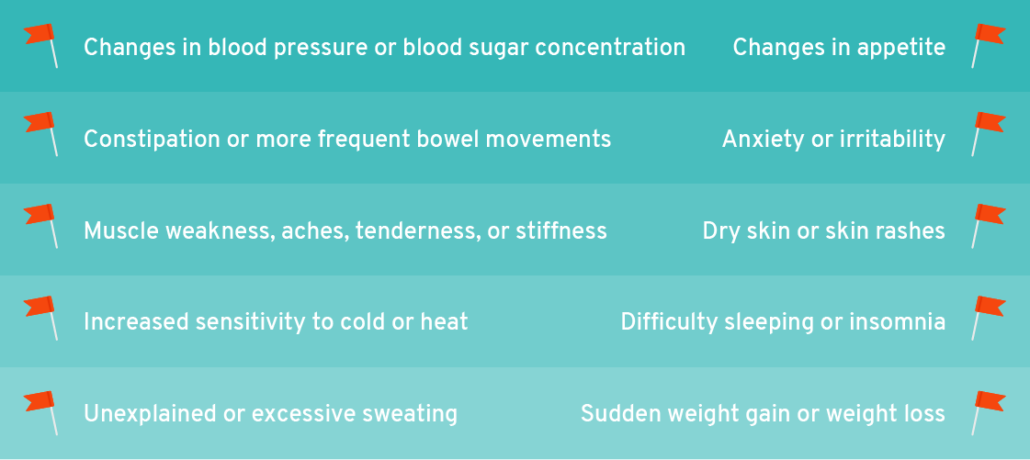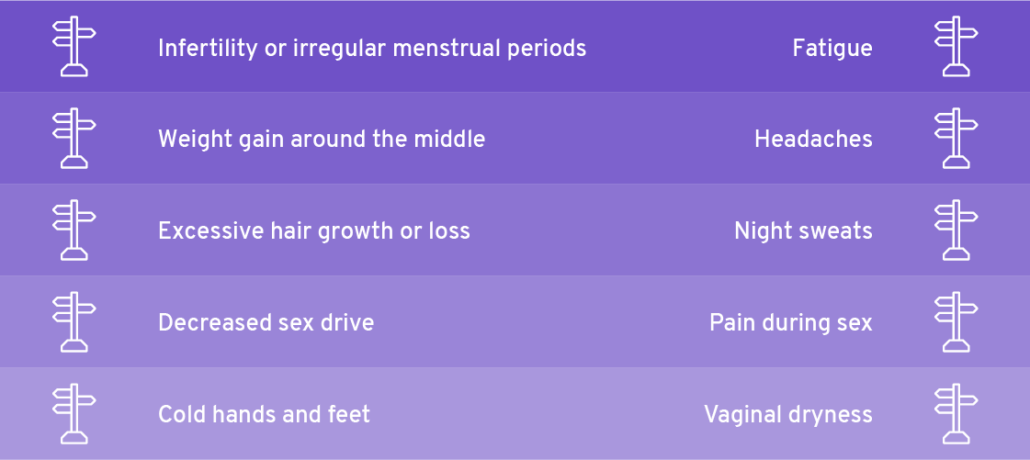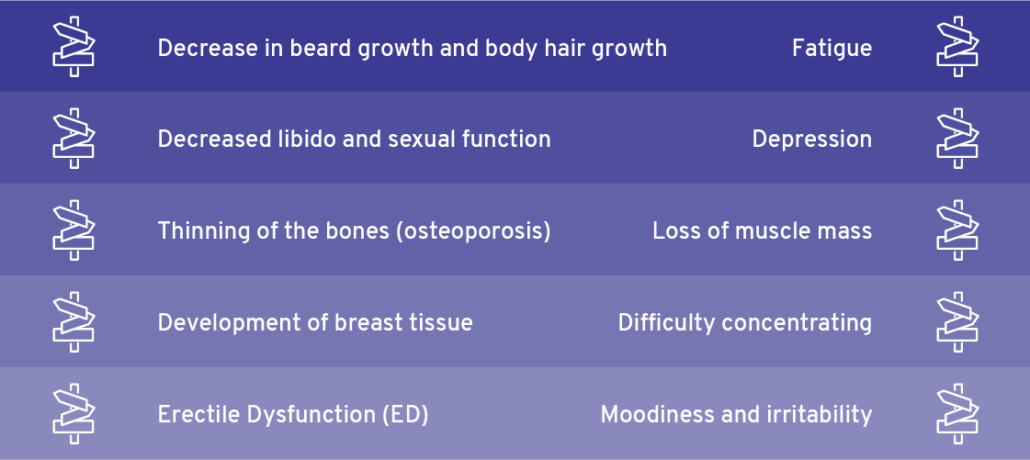From digestion to fertility – our endocrine system sends hormones throughout our bloodstream to help our body regulate essential functions. Factors like poor sleep, stress, infections, and hormonal birth control can contribute to a hormone imbalance affecting your everyday life.
Hormone imbalances happen when there is too little or too much of a hormone in the bloodstream. Even the smallest offset can cause side effects throughout the body.
Essential for regulating most bodily functions, hormone imbalances can cause disruptions in:
- Metabolism rate and appetite
- Heart rate
- Sleep cycles
- Reproductive cycles and sexual function
- General growth and development
- Mood and stress levels
- Mody temperature
Causes of Hormone Imbalances
- General Causes of Hormone Imbalances:
-
-
-
- Hormone therapy
- Medications (including birth control)
- Intense treatments (such as chemotherapy)
- Tumors (cancerous or benign)
- Eating disorders
- Poor diet and nutrition
- Stress
- Puberty
- Aging
- Injury
- Trauma
-
-
- Specific Conditions Causing Hormone Imbalances
-
-
-
- Menopause
- Primary ovarian insufficiency (premature menopause)
- Pregnancy
- Breastfeeding
- Polycystic Ovarian Syndrome (PCOS)
-
-
-
-
- Prostate cancer
- Hypogonadism (low testosterone)
-
The 5 Main Signs of Hormone Imbalance
-
- Unexplained weight gain or trouble losing weight
- Trouble with digestion
- Mental fog, loss of energy, or trouble sleeping
- Hair and skin issues
- Low sex drive
Other Signs and Symptoms of Hormone Imbalances
Men and women present slightly different symptoms when experiencing a hormone imbalance. Women may also experience imbalances in estrogen and progesterone levels, while men are more likely to experience imbalances in testosterone levels.

Signs and Symptoms Most Prominent in Women:
There are specific symptoms of a hormone imbalance more commonly seen in women than in men. Too much or too little of any hormone can cause dysfunction and disease within a woman’s body. Upon experiencing a hormone imbalance, women may present with any of the following symptoms as a result:

Signs and Symptoms Most Prominent in Men:
Men also have specific symptoms caused by hormone imbalances less commonly seen in women. Low levels of the male reproductive hormone testosterone can cause many ailments within a man’s body and present symptoms that are disruptive to daily life and regular bodily functions. An imbalance of any hormone can induce any of the following symptoms:

Next Steps
The first step is identifying the problem. Many approaches only address the symptoms — providing a temporary fix. A trained medical professional specializing in hormone health can set you on the right path towards a balanced life by determining which type of hormone imbalance you have.
Ready to take the next step?
Book an appointment with one of our practitioners today.
Book an Appointment
